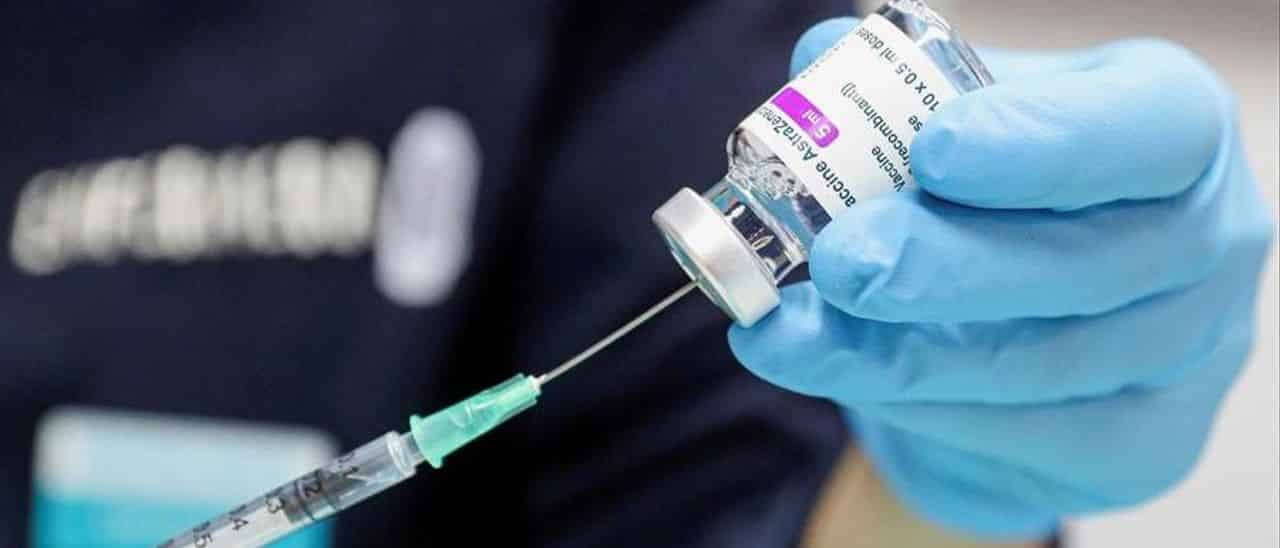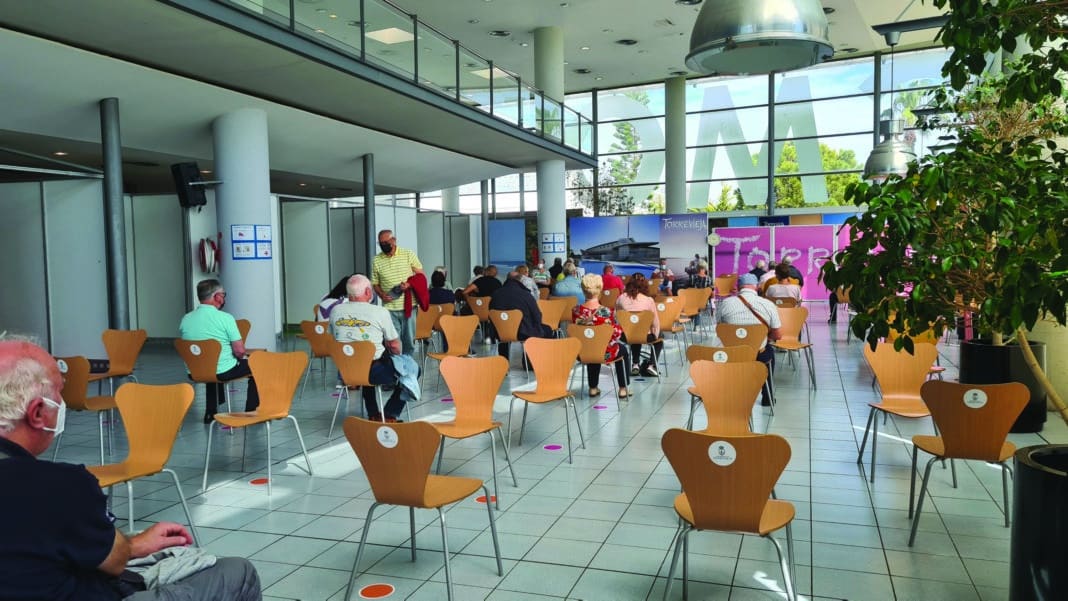89.5% of the population in the province of Alicante has been vaccinated against the coronavirus. However, there are areas in which resistance to immunisation is higher than in others.
This is the case in Torrevieja, where 18% of the population has not been vaccinated against covid. There is a total of 30,811 people from the ten municipalities that make up the coastal area and second line. That does mean that 82% of the department’s population -133,565 residents- have the complete dosage.
The data corresponds to the municipalities of Torrevieja, Orihuela Costa, Pilar de la Horadada, Rojales, Guardamar del Segura, San Miguel de Salinas, San Fulgencio, Los Montesinos, Benijófar and Formentera del Segura. In the entire province there are 177,011 people who, even having the opportunity to be immunised, have not done so. Of these, 17% live in the Torrevieja area.
While Torrevieja drags vaccination percentages that are ten percent below the average for the Valencian Community, a circumstance that is explained, in part, by the demographic relevance of the communities of foreign neighbours.
In the last week two people have died from the infection in the department. The cumulative incidence is now over 200 cases per one hundred thousand inhabitants in the department, compared to 55 in the Orihuela area and it has especially affected schools, where there are more than five hundred students from municipalities in the area currently confined.
These are the data of the last balance that the Torrevieja health department has made, more detailed than the one transferred by the Ribera concessionaire on the covid situation. In them, the number of residents (by age group) in whom the disease causes complications, hospitalisations, ICU admissions and death who have decided not to attend the Health appointment to get vaccinated is striking: of the 30,811 residents with a health card who have not been vaccinated, 1,288 are over the age of 80; 3,275 are between 70 and 80; 1,410 are between 66 and 69, and finally 2,278 are between 60 and 65 years old.
On the other hand, vaccines continue to demonstrate their high efficacy against the coronavirus almost a year after they began to be delivered in Spain. The protection of vaccines against serious infection by covid – the possibility of entering the ICU or dying from the virus – continues to be maintained at very high percentages, around 85% with new mutations.

On the contrary, what has fallen is the percentage of protection against infection, which was originally 75-85% and six months after vaccination it is around 50% with the delta variant, which is the one that it has colonised the entire territory. The data has been revealed by Salvador Peiró, researcher from the Department of Public Health of Fisabio, during a scientific conference on the Valencian Covid-19 Vaccine Research Program (ProVaVac) that took place this week at the Ministry of Health.
With the 89.5% of the population vaccinated in the province, in the case of Torrevieja, this percentage drops to 82%. Of these, almost 1,300 are over 80 years old.
“The effect is being lost with respect to protecting from infection but it holds up very well with respect to developing serious covid,” it has had an impact, hence the importance of third doses “because they significantly reduce transmission as we are seeing in Israel and reduces severe cases somewhat. To those who are more at risk, the sooner the better”, he added.
Thanks to the efficacy of the vaccines, Peiró believes that we are in a much better position than last year. “Growth is sustained, both in transmission and slower in revenues and UCI. If we end up having many cases, there will be complicated cases, but less than last year.
In this sense, Peiró believes that the priority at the moment is to focus on vaccination with third doses, even before vaccinating children, a campaign that could begin in January if the authorisations of the corresponding health agencies continue their course.





